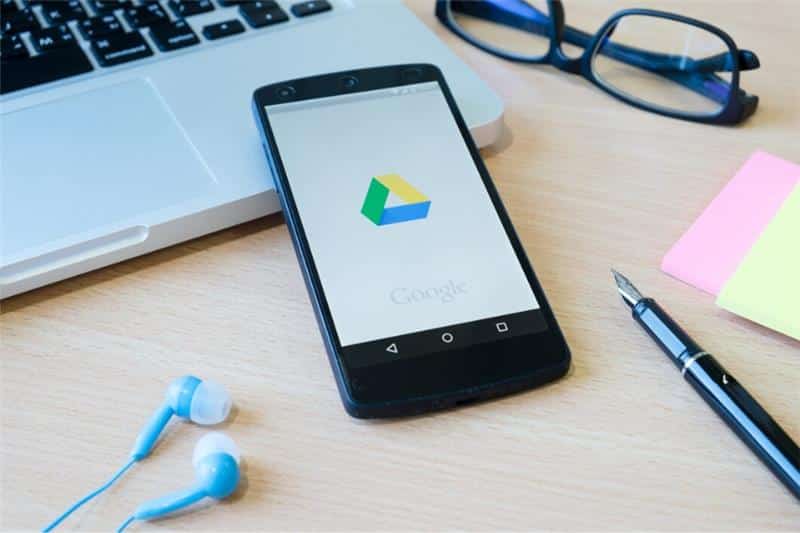As a small business owner, knowing where to spend your marketing budget can be overwhelming. SEO (Search Engine Optimisation) and Google Ads are two of the most popular strategies for driving traffic, but they work in different ways. Should you focus on organic search with SEO, or invest in paid advertising with Google Ads? The answer depends on your business goals, timeline, and budget.
In this guide, we’ll break down the key differences between SEO and Google Ads to help you decide which approach is the best fit for your small business.
1. What is SEO?
SEO is the process of optimising your website to rank higher in organic (unpaid) search results on search engines like Google. It involves a range of strategies, including keyword research, content optimisation, technical improvements, and link building, to improve your website’s visibility over time.
Key Benefits of SEO:
- Long-Term Results: Once you’ve optimised your site and built a strong online presence, SEO can deliver lasting, consistent traffic without ongoing costs.
- Cost-Effective: SEO requires time and effort but doesn’t have the direct costs of paid ads. Once your content ranks well, it can continue to drive traffic for months or even years.
- Builds Credibility: High-ranking sites are often seen as more credible and trustworthy by users. Ranking organically in search results can increase your business’s authority in your industry.
Drawbacks of SEO:
- Takes Time: SEO is a long-term strategy. It can take several months to see significant results, especially if your website is new or highly competitive.
- Requires Ongoing Work: Search engine algorithms change frequently, so maintaining rankings requires consistent effort, including content updates and technical optimisation.
2. What is Google Ads?
Google Ads is Google’s advertising platform that allows you to bid on specific keywords so your ads appear at the top of search results. This is a form of pay-per-click (PPC) advertising, meaning you only pay when someone clicks on your ad.
Key Benefits of Google Ads:
- Immediate Results: With Google Ads, you can appear at the top of search results almost instantly. This is ideal if you’re looking to drive traffic or sales quickly.
- Targeted Advertising: Google Ads allows you to target specific audiences based on location, search intent, and even demographics, ensuring your ads reach the right people.
- Control Over Budget: You have complete control over how much you spend, and can adjust your daily or monthly budget based on performance.
Drawbacks of Google Ads:
- Ongoing Costs: Unlike SEO, Google Ads requires continuous payment. Once you stop paying for ads, the traffic stops.
- Cost Per Click (CPC): Depending on the competitiveness of your industry, you may have to pay high costs per click, especially for popular keywords.
- Short-Term Visibility: Google Ads provides quick results, but once the campaign ends, your visibility disappears.
3. SEO vs. Google Ads: A Direct Comparison
Let’s take a closer look at how SEO and Google Ads compare in several key areas.
A. Cost
- SEO: While SEO has no direct costs like PPC, it requires a significant investment of time or money in terms of content creation, technical improvements, and ongoing optimisation.
- Google Ads: With PPC, you have to pay for every click. The cost varies depending on the competitiveness of your keywords, but you have control over your ad budget.
Which is better? If you have a limited budget and can invest time, SEO might be the better choice. However, if you need immediate traffic and can allocate budget for it, Google Ads delivers quick results.
B. Time to Results
- SEO: It can take months to see a significant improvement in your rankings and traffic from SEO efforts, especially in competitive industries.
- Google Ads: Results from Google Ads are immediate, as your ads start appearing as soon as your campaign is live.
Which is better? If you need traffic quickly—for example, for a product launch or seasonal promotion—Google Ads is the way to go. SEO is more suitable if you’re aiming for long-term visibility and traffic.
C. Sustainability
- SEO: Once you achieve strong organic rankings, you can continue to receive traffic for months or years without ongoing costs. However, staying on top of algorithm changes and competitors requires consistent effort.
- Google Ads: Ads only bring traffic while you’re paying for them. Once the budget runs out or the campaign ends, the traffic stops.
Which is better? SEO offers long-term sustainability. If your goal is to build a lasting online presence, SEO is more sustainable. For short bursts of traffic, Google Ads works better.
D. Targeting Options
- SEO: While SEO helps attract organic traffic, it can be harder to target specific demographics or behaviour. SEO is based more on search intent.
- Google Ads: Offers highly targeted advertising options, allowing you to reach specific audiences based on location, search intent, interests, and more.
Which is better? Google Ads is better if you want to target niche audiences or specific customer behaviours. SEO is more passive, relying on attracting users naturally through search.
E. Credibility
- SEO: Many users trust organic results more than paid ads, as organic listings are perceived as more credible and relevant.
- Google Ads: While ads appear at the top of the page, some users may skip over them in favour of organic results.
Which is better? If building trust and authority is important for your business, SEO might be more beneficial in the long term.
4. Which is Right for Your Small Business?
Both SEO and Google Ads offer unique benefits, and the best choice depends on your business’s specific goals, timeline, and budget. Here’s how to decide:
Choose SEO if:
- You’re looking to build long-term, sustainable traffic.
- You have the time to invest in content creation and website optimisation.
- You want to improve your credibility and ranking over time without ongoing costs.
Choose Google Ads if:
- You need immediate results and quick traffic.
- You have a specific, time-sensitive goal, such as a product launch or seasonal campaign.
- You want to target specific audiences and have control over your budget.
Consider Both:
Many small businesses benefit from a hybrid approach, using SEO for long-term growth while running Google Ads to generate immediate traffic or drive leads during specific promotions. This way, you can cover both bases: building a sustainable online presence while still seeing short-term gains.
Conclusion
Choosing between SEO and Google Ads doesn’t have to be an either/or decision. It all depends on your business’s current needs, goals, and budget. If you’re looking for long-term growth and credibility, SEO is the way to go. If you need immediate visibility and can allocate a budget, Google Ads will get you results faster.
Not sure where to start? Contact New Era Digital today to discuss how we can help you create the perfect balance of SEO and Google Ads for your small business.
Want to boost your online presence? Contact New Era Digital to find out whether SEO, Google Ads, or a mix of both is right for your small business.





